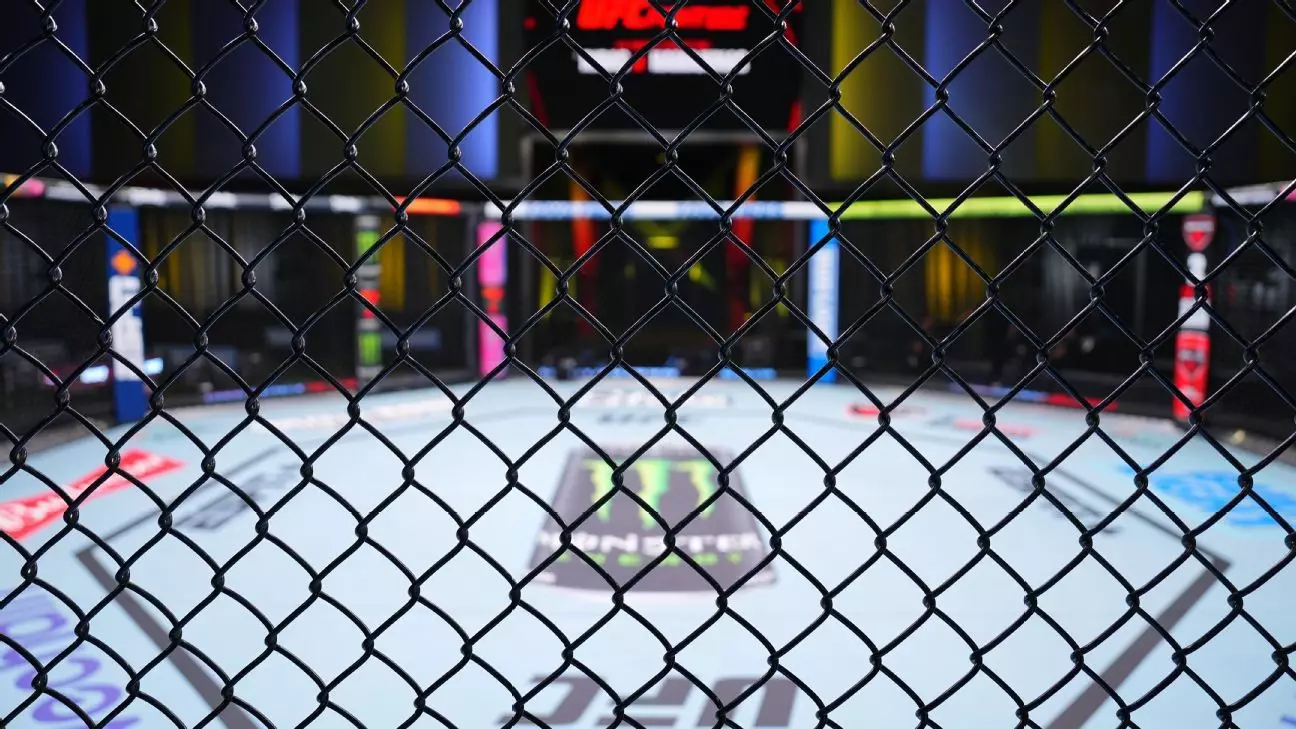In a significant development within the mixed martial arts (MMA) world, a Nevada judge has provisionally approved a staggering $375 million settlement aimed at resolving the long-standing antitrust lawsuit against the Ultimate Fighting Championship (UFC). This decision comes after a decade of legal battles that have delved into the financial dynamics between the UFC and its athletes. The suit, known as Le v. Zuffa, has drawn attention not only for the sheer amount involved but also for the implications it holds for the fighters who claim they were undercompensated by the dominant organization in the sport.
The genesis of the lawsuit can be traced back to allegations made in 2014, wherein UFC’s parent company, Zuffa, was accused of engaging in practices that restrained competition and limited the earning potential of fighters. Claims included that the UFC pursued a course of action that deprived athletes of fair compensation and stymied rival promotions, thereby controlling the market for professional MMA fighters. This case laid bare systemic issues within the sport and ignited a broader conversation regarding fighter rights and welfare.
Judge Richard Franklin Boulware II’s recent approval signifies a turning point in this protracted saga. With the settlement now on the table, both parties await a final approval hearing in the months to come. Importantly, the agreed-upon sum of $375 million surpasses an earlier proposed settlement of $335 million, which Boulware rejected as insufficient. The earlier figure was criticized for its conflation of two distinct lawsuits. By exclusively focusing on the Le v. Zuffa case, which pertains specifically to fighters between 2010 and 2017, the revised amount aims to address the longer scope of grievances expressed by the fighters involved.
Attorneys representing the plaintiffs, including Eric Cramer, have expressed their satisfaction with this development. He characterized the settlement as a monumental win, emphasizing that it stands to offer significant relief to hundreds of fighters who have endured financial difficulties and health challenges. Testimonials from numerous fighters recount their struggles with basic living expenses, reflecting the harsh realities many face post-career.
The voices of those directly affected by the settlement bring to light the urgency and necessity of the resolution. Shane Carwin, a former interim heavyweight champion, provided a harrowing account of his financial struggles and health issues linked to his time in the octagon. His testimony is not unique; it aligns with a broader narrative of MMA fighters who often grapple with severe injuries and unstable financial situations following their careers. The anticipated settlement, which aims to cover various legal fees before distributing funds among the affected fighters, is expected to be transformative for many.
Many plaintiffs have also indicated that the settlement represents just one aspect of the larger fight for fair treatment. The second ongoing antitrust case, Johnson v. Zuffa, seeks additional changes to UFC’s business practices and contracts, highlighting a continued push for reform within the sport. This case aims to address grievances post-2017 and indicates that the momentum for change may not stop with this settlement.
The UFC has consistently defended its business model, arguing that the organization’s investments in fighters and the growth of rival promotions over the years offer a counter-narrative to the claims of monopolistic behavior. Nonetheless, the growing chorus of criticism regarding fighter compensation, health care, and overall treatment cannot be ignored. The conclusions drawn from the lawsuits may serve as a catalyst for renegotiation of contracts and adjustments in operational practices.
Ultimately, the approval of the settlement marks a significant victory for fighters, their advocates, and those advocating for ethical business practices within the sport. As the MMA landscape continues to evolve, movements like these could pave the way for systemic changes that prioritize fighter welfare and foster a more equitable environment in professional competitive sports. The outcomes of these lawsuits will likely reverberate well beyond the octagon, influencing negotiations and policies in other sports grappling with similar dilemmas.


Leave a Reply